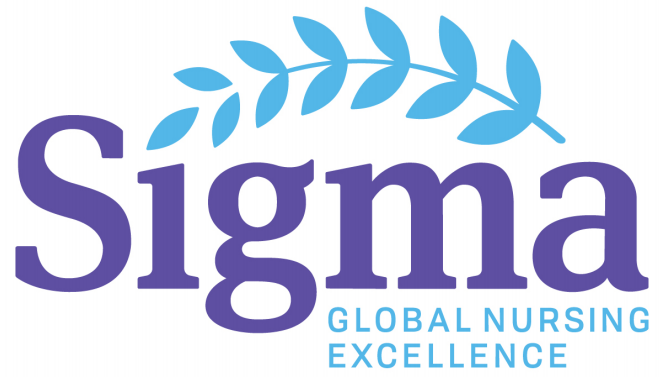Presenter Classification
Graduate Student
Presentation Type
Poster Presentation
Publication Date
4-11-2024
Start Date
11-4-2024 2:10 PM
End Date
11-4-2024 2:50 PM
Keywords
motivation, nursing, student, AMS, Self-Determination Theory
Abstract Type
Research
Abstract
The Effects of Age, Employment, Marriage, and Education on Academic Motivation in Undergraduate Nursing Students
Purpose: The amount of research on non-cognitive variables affecting motivation is limited in nursing students. By using Self-Determination Theory, faculty can determine what motivates students to learn which will allow the creation of a learning environment that promotes student achievement.
Aim: To determine the effect age, marriage status, employment, and education level have on academic motivation in nursing students in the third semester of a baccalaureate nursing program within the framework of Self-Determination Theory.
Method: A descriptive correlational design was used to identify the effect age, marriage status, employment, and education level have on intrinsic motivation and extrinsic motivation in third semester nursing students (n = 39). After IRB approval, a link to an electronic demographic survey and Academic Motivation Scale-College Version 28 (AMS-C28) was distributed to students. Using SPSS-22, four independent t-tests were conducted to determine if differences existed between extrinsic and intrinsic motivation and the variables age, marriage status, employment status, and education level.
Results: The findings indicated the following variables had statistically significant relationships with extrinsic motivation: age (t=-2.108, df=30, p=.017, one-tailed) and employment (t=-2.117, df=37, p=.006, one-tailed). Intrinsic motivation was not statistically significant with any variable. Based on these results, unemployed students over 25 are more likely to be extrinsically motivated to learn.
Conclusion: Understanding how non-cognitive variables affect motivation will assist nursing faculty in providing a learning environment that will increase student motivation to learn and graduate. Increasing graduation rates can positively affect the nursing workforce and patient care.
The Effects of Age, Employment, Marriage, and Education on Academic Motivation in Undergraduate Nursing Students
The Effects of Age, Employment, Marriage, and Education on Academic Motivation in Undergraduate Nursing Students
Purpose: The amount of research on non-cognitive variables affecting motivation is limited in nursing students. By using Self-Determination Theory, faculty can determine what motivates students to learn which will allow the creation of a learning environment that promotes student achievement.
Aim: To determine the effect age, marriage status, employment, and education level have on academic motivation in nursing students in the third semester of a baccalaureate nursing program within the framework of Self-Determination Theory.
Method: A descriptive correlational design was used to identify the effect age, marriage status, employment, and education level have on intrinsic motivation and extrinsic motivation in third semester nursing students (n = 39). After IRB approval, a link to an electronic demographic survey and Academic Motivation Scale-College Version 28 (AMS-C28) was distributed to students. Using SPSS-22, four independent t-tests were conducted to determine if differences existed between extrinsic and intrinsic motivation and the variables age, marriage status, employment status, and education level.
Results: The findings indicated the following variables had statistically significant relationships with extrinsic motivation: age (t=-2.108, df=30, p=.017, one-tailed) and employment (t=-2.117, df=37, p=.006, one-tailed). Intrinsic motivation was not statistically significant with any variable. Based on these results, unemployed students over 25 are more likely to be extrinsically motivated to learn.
Conclusion: Understanding how non-cognitive variables affect motivation will assist nursing faculty in providing a learning environment that will increase student motivation to learn and graduate. Increasing graduation rates can positively affect the nursing workforce and patient care.



